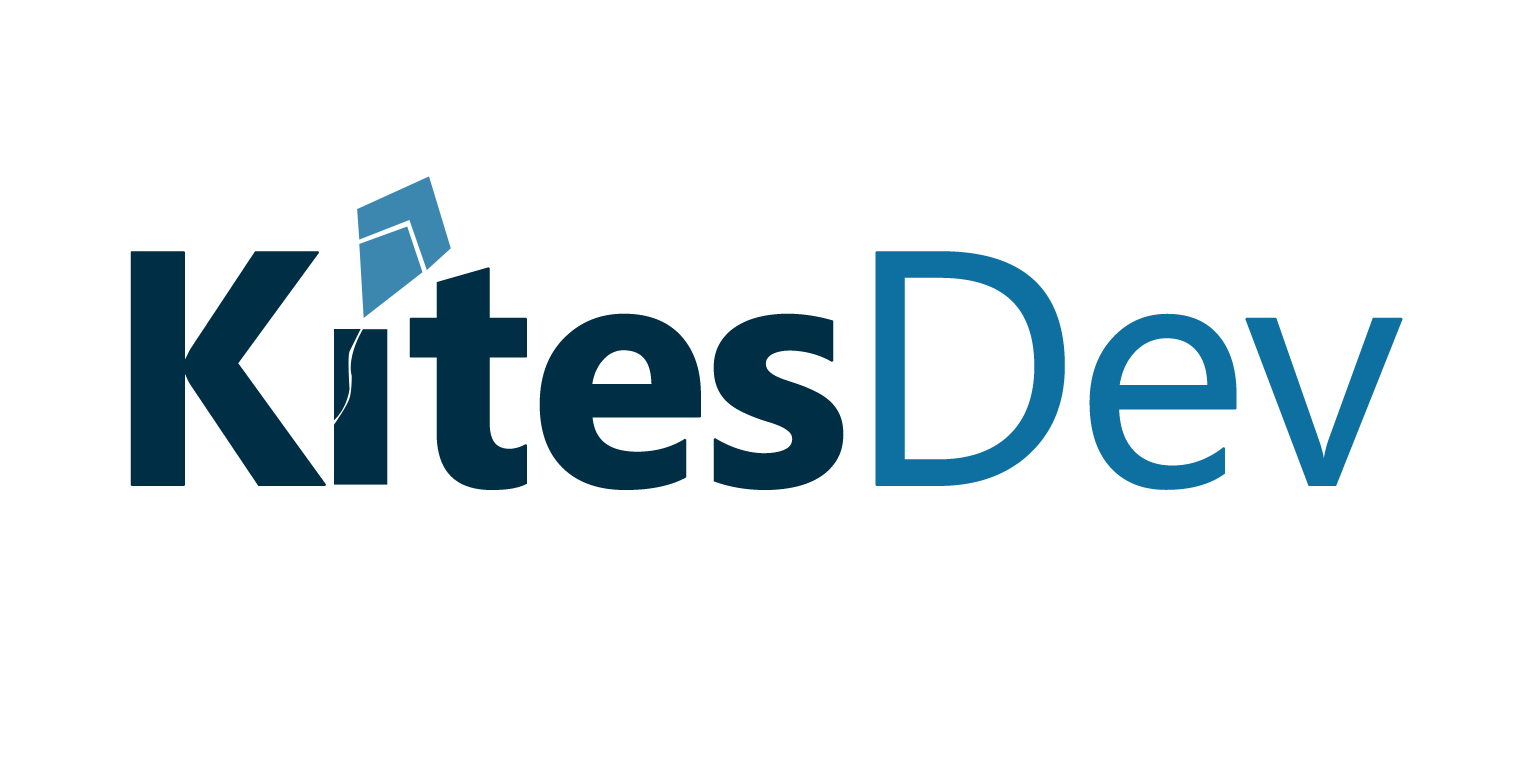How Artificial Intelligence is Impacting the Scientific Method
The scientific method is a process for gathering and analyzing data that has been used for centuries to advance scientific knowledge and understanding. However, the introduction of artificial intelligence (AI) is now rapidly changing the way scientists conduct research, analyze data, and make conclusions. AI is proving to be a powerful tool for speeding up and improving the scientific method, allowing scientists to achieve faster and more accurate results.
One of the most important ways AI is impacting the scientific method is through the use of machine learning. Machine learning is a type of AI that uses algorithms to analyze large amounts of data and identify patterns and correlations in the data that humans may not be able to detect. This allows scientists to uncover new insights and discoveries, often leading to breakthroughs that would not have been possible without the help of AI.
Another way AI is impacting the scientific method is through its ability to automate tedious and time-consuming tasks. AI can be used to automate data collection, data cleaning, and data analysis, which can save scientists a considerable amount of time and effort. AI can also be used to automate the process of drawing conclusions from data, allowing scientists to quickly and accurately make decisions based on their findings.
Finally, AI can be used to identify potential flaws or inconsistencies in research methods, allowing scientists to quickly and accurately identify any potential errors or issues in their research. This helps to ensure that the results of a scientific study are reliable and accurate, and can be trusted by other scientists.
AI is quickly becoming an integral part of the scientific method, and its impact is being felt in almost every field of scientific research. From helping to speed up and improve the research process to uncovering new insights and discoveries, AI is revolutionizing the way scientists conduct research and draw conclusions from data.




